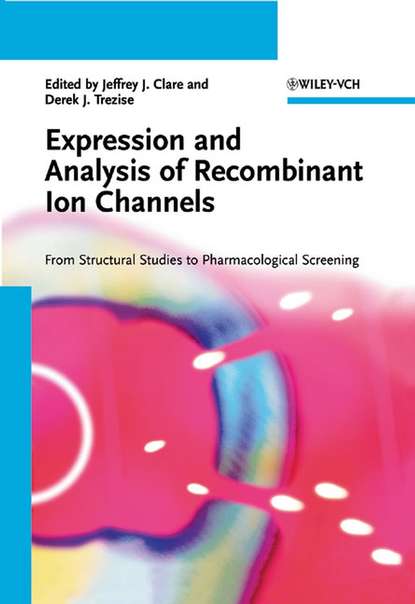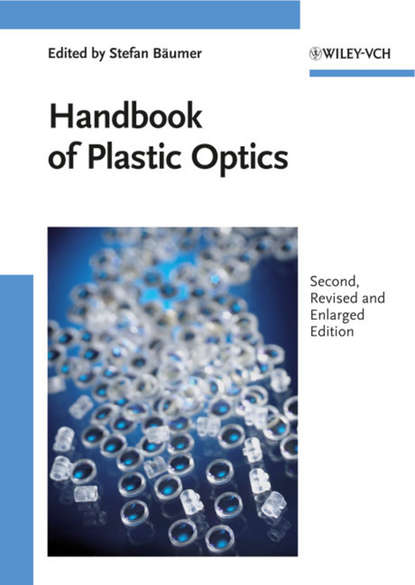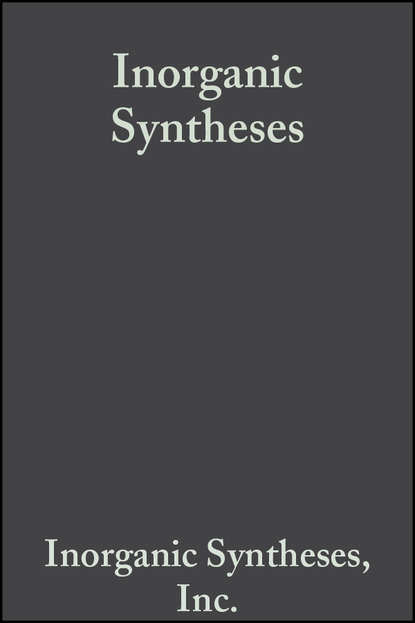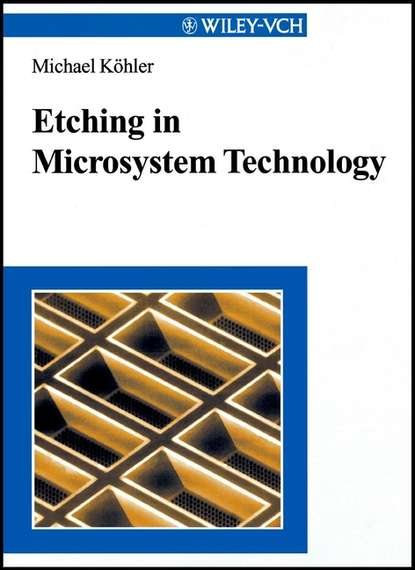Книга "Expression and Analysis of Recombinant Ion Channels" предназначена для исследователей, работающих с рекомбинантными ионными каналами, как новичков, так и опытных ученых. Она охватывает последние разработки в этой области, представленные редакторами и авторами, работающими в крупных фармацевтических компаниях и применяющими эти методы в своей повседневной работе.
Первые три главы книги посвящены использованию системы экспрессии яйцеклеток ксенопуса для изучения структуры и функции ионных каналов - от базовых подходов к манипулированию cDNA до более специализированных, но мощных техник. Затем рассматриваются стратегии и методологии для экспрессии каналов в клетках млекопитающих и их анализа методом пэтч-кламп-электрофизиологии. Главы 6-8 посвящены последним методологиям для поиска лекарственных средств для ионных каналов, включая скрининг высокого пропускания с использованием флуоресценции и люминесценции, а также автоматизированную плоскую массивную электрофизиологию.
Последние две главы фокусируются на методах определения кристаллических структур ионных каналов и на вычислительных подходах к пониманию механизмов функционирования каналов на атомном уровне. В каждой главе авторы предоставляют обзор методов, рассматривают основные принципы и практические соображения, а также дают рекомендации по работе с каждой темой. Кроме того, они иллюстрируют свои советы реальными примерами из собственного опыта или из ключевых работ в литературе, что делает эту книгу ценным практическим ресурсом для ученых и исследователей в академической и промышленной сферах.
This book fills the void created over the last five years, when many new techniques joined the scene. It is addressed to researchers with novice and advanced knowledge of the field wishing to find more details and skills for researching recombinant ion channels which have become interested topics in recent times. This compilation covers innovative approaches developed by experts in pharmaceutical companies dealing with ion channel studies and familiarized with their current applications in their professional work.The book starts off with three chapters dedicated to examining the usage of the Xenoopus oocyte knockout technology for the purpose of research studies emphasizing the efforts necessary to insert ion channel gene fragments into the cells. Further chapters overview strategies for channel generation via mammalian cell culture and patch clamp electrophysiological protocol.This concluding section describes the latest technologies for ion balance drugs, such as fluorescence- and luminescence-based high – throughput methods, along with manual planar array electrophoresis techniques. Two final chapters explore computing solutions for uncovering ion channel macrostructure and analysing the inner mechanisms with atomic accuracy. While the book forms monumental techniques, it does not directly explain complex procedures, and instead recognizes primal principles behind each approach. This study likewise presents essential practicability guidelines along with an in-depth knowledge of the theory and practice associated with every relevant information. To back this up, real world instances are used throughout the study to emphasize key features not attainable with textbooks alone.In the end, you get a thorough book kit of practical channel properties gathering remarkable information for researchers of all levels.
Электронная Книга «Expression and Analysis of Recombinant Ion Channels» написана автором Derek Trezise J. в году.
Минимальный возраст читателя: 0
Язык: Английский
ISBN: 9783527607938
Описание книги от Derek Trezise J.
Filling the gap created over the past five years, during which many new techniques have entered the market, this book is directed at both the new and the experienced ion channel researcher wishing to learn more about the considerations and methods for studying recombinant ion channels. These latest developments are covered here for the first time, contributed by editors and authors working for major pharmaceutical companies and who routinely apply these techniques in their daily work. The first three chapters cover the use of the Xenopus oocyte expression system for structure-function studies, from basic approaches for manipulating ion channel cDNAs to more specialized but powerful techniques. This is followed by reviews of strategies and methodologies available for expressing channels in mammalian cells and for their analysis by patch-clamp electrophysiology. Chapters 6 to 8 review the latest methodologies for ion channel drug discovery, including high throughput screening using fluorescence and luminescence, as well as automated planar array electrophysiology. The remaining two chapters focus on approaches for determining ion channel crystal structures and on computational approaches to understanding channel mechanisms at atomic resolution. Rather than provide detailed protocols, indicated by references in each chapter, the authors provide a comprehensive and easily accessible overview of the techniques involved, reviewing underlying principles and providing working guidelines as well as an understanding of the key theoretical and practical considerations associated with each topic. In each case, this practical advice is illustrated by real life examples, taken either from the author's own experience or from key examples in the literature, providing valuable practical hints not found elsewhere. The result is a compendium of practical ion channel information that will prove a valuable resource to academic and industrial workers alike.



















